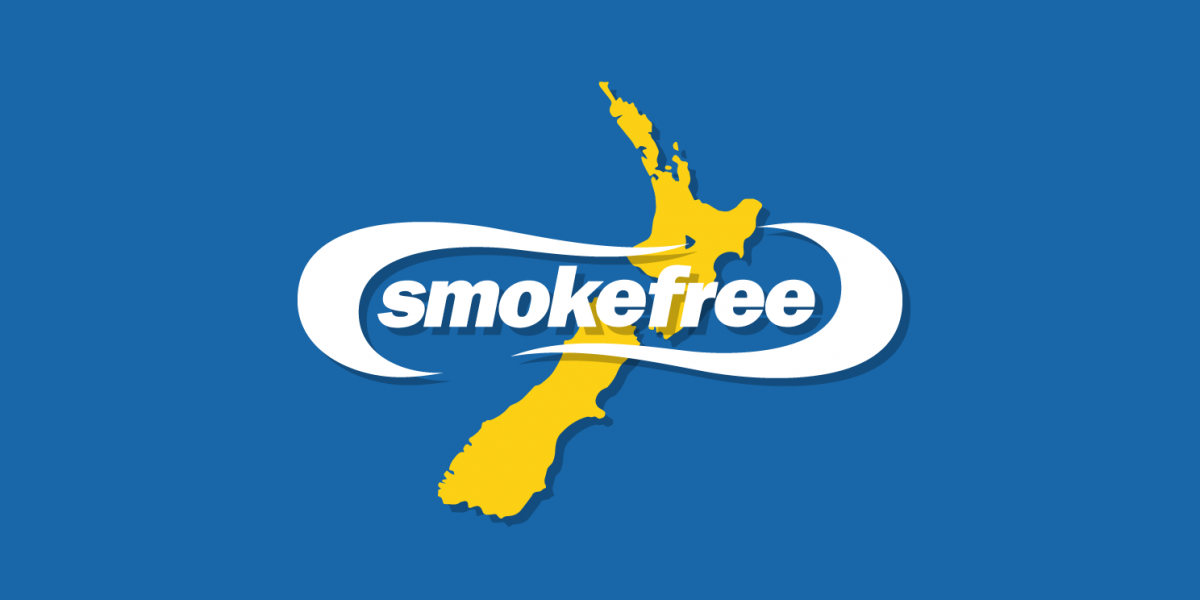Smoking is still the leading cause of preventable deaths in New Zealand says the Cancer Society.
On World Smokefree Day today, it is asking New Zealanders to rethink how we get to Smokefree 2025 and a smokefree generation.
The Cancer Society has launched a poll asking New Zealanders if smokes should only be sold in R18 specialist tobacco shops.
“Every day, children walk past more shops selling smokes than shops selling milk and bread. This isn’t helping us create the smokefree generation we’re aiming for,” says Shayne Nahu, Cancer Society Advocacy and Wellbeing Manager (Te Arawa, Tainui, Irish).
“Smokefree Aotearoa 2025 aims for at least 95% of New Zealanders across all population groups being Smokefree by 2025. The Government goal included reducing the supply of tobacco, a crucial action we have seen no progress on. We’re not going to get to Smokefree 2025 unless there is a dramatic decrease in the number of places selling tobacco.”
Over 8 million people world-wide die each year from smoking according to the World Health Organisation and is responsible for 25% of cancer deaths globally.
“Cigarettes and tobacco aren’t just harmful, they’re deadly. Tobacco is killing 13 New Zealanders every day. Yet there are currently no restrictions on where tobacco products can be sold.”
“We’re not doing enough to prevent cancer in this country. Restricting tobacco sales to specialist R18 tobacco retailers is a simple and logical next step.”
Of 1481 submissions collected by the Cancer Society at Relay For Life last year, 92% supported regulations to reduce the number of places selling tobacco[i].
“It’s well-known that more people are likely to smoke when there are more outlets near to where they live and people are less likely to quit. There’s evidence that the more tobacco retailers there are around a school, the more likely students will be to smoke, engage in experimental smoking and be susceptible to smoking in the future,” says Nahu.
“Every time someone who wants to quit goes to buy the bread and milk they have to make a conscious decision not to buy smokes. Let’s make it easier for people to quit smoking.”
It is estimated there are 8000 tobacco retailers in New Zealand, with four times as many in low-socio-economic areas.
“This has a flow-on affect to some of our most disadvantaged people. The easier it is to buy tobacco, the harder it is to quit.”
The Cancer Society believes restricting sales to R18 specialist stores is a fair way to allow current smokers to still be able to buy while reducing the risk of uptake by young people and supporting those who want to quit.

